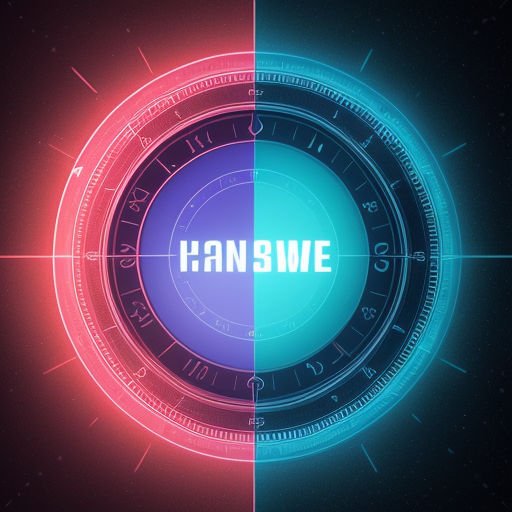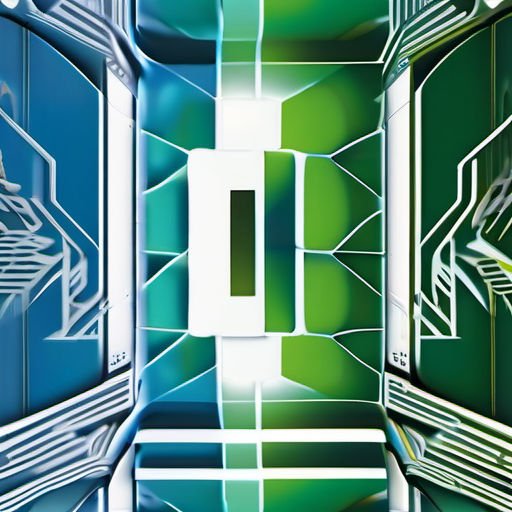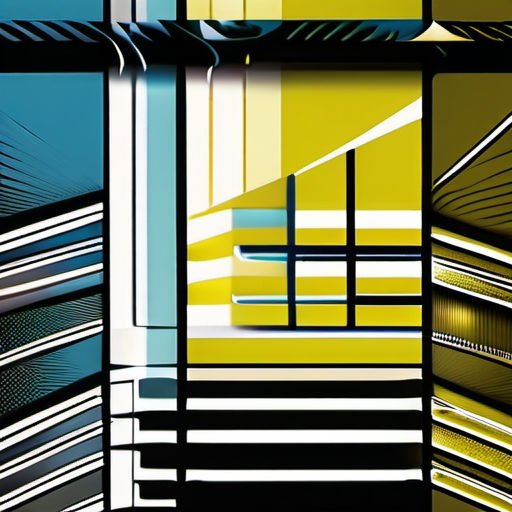When Yesterday Comes Tomorrow Watch Out For The Brain Meltdown
The Fascinating Landscape of Time Travel in Fiction
Time travel has captivated human imagination for centuries, weaving through myths, literature, and cinema. From ancient tales of prophecy to modern cinematic epics, the concept of moving through different points in time serves both as a thrilling narrative device and a profound philosophical inquiry. The allure of time travel lies not merely in its adventurous possibilities but also in the deep questions it raises about causality, destiny, and free will.
What makes time travel stories endlessly intriguing is their ability to explore the complexities of temporal paradoxes. These paradoxes challenge our understanding of cause and effect—can altering the past change the future? What happens if a traveler meets their past self? These scenarios force us to rethink time as linear and immutable.
Whether through a sleek time machine or an accidental slip through a temporal rift, time travel stories offer a playground for human creativity. As you journey through this article, prepare to uncover some lesser-known facts and mind-bending concepts surrounding time travel and its portrayal in popular culture.
Understanding Time Travel: Beyond the Basics
Time travel, in its simplest definition, involves moving between different points in time, analogous to moving between different locations in space. But within this seemingly straightforward idea lies a spectrum of interpretations and theories.
Types of Time Travel
1. Linear Time Travel – Moving forward or backward along one continuous timeline.
2. Parallel Timelines – Traveling to alternate realities or divergent timelines.
3. Closed Timelike Curves – Concept from physics where time loops back on itself, permitting travel into one’s own past.
These forms allow storytellers to craft unique narratives, each with distinct rules and consequences.
Scientific Theories Supporting Time Travel
Several concepts in physics provide a theoretical foundation for time travel, including:
– Albert Einstein’s Theory of Relativity, which shows that time dilates with speed and gravity.
– Wormholes, hypothetical bridges in spacetime postulated by general relativity.
– Quantum mechanics and the idea of parallel universes, hinting at possibilities of multiple timelines.
Although purely speculative, these theories inspire convincingly realistic portrayals of time travel in fiction, adding a layer of authenticity to the otherwise fantastical.
Temporal Paradoxes: The Intriguing Consequences of Time Travel
Temporal paradoxes are what make time travel stories especially thought-provoking. They present logical puzzles that challenge the coherence of cause and effect.
The Grandfather Paradox
One of the most famous paradoxes, this scenario poses the question: what happens if a time traveler goes back and prevents their own grandfather from meeting their grandmother, thereby erasing their own existence? Such a paradox highlights the potential contradictions inherent in altering the past.
The Bootstrap Paradox
Also known as the ontological paradox, this occurs when an object or information sent back in time becomes trapped within an infinite cause-effect loop, with no clear origin. For example, receiving a book from the future and then publishing it, which inspires the book’s own creation.
-
– These paradoxes push writers and viewers to reconsider the notion of fixed timelines.
– Some narratives solve the paradoxes by introducing the multiverse, where changes spawn new realities.
– Others embrace the contradictions, leaving mysteries unresolved to provoke thought.
Iconic Time Travel Stories: Exploring Classic and Modern Gems
Time travel’s allure is reflected in many iconic stories that have shaped popular culture.
H.G. Wells’ “The Time Machine”
Published in 1895, this seminal work introduced the time machine as a vehicle for exploring future societies, blending social critique with speculative science fiction. It remains a benchmark for thoughtful time travel narratives, emphasizing the consequences on humanity over mere adventure.
“Back to the Future” Trilogy
This beloved film series blends humor, action, and paradoxes flawlessly, inviting audiences to consider the butterfly effect—how small changes in the past ripple into profound consequences in the present and future.
-
– The series popularized the idea that time travel can create alternate timelines.
– It incorporated a memorable visual style for time travel sequences, embedding the concept into pop culture.
“12 Monkeys” and the Complexity of Fate
This film deep dives into the tension between determinism and freedom, posing the question: is the future set, or can it be changed? Its tangled timeline and elusive time traveler character highlight time travel’s capacity for psychological complexity.
How Time Travel Challenges Our Understanding of Reality
Stories about time travel compel us to rethink how we perceive time and our place within it.
Philosophical Questions Raised by Time Travel
– If you could change the past, what would you alter, and how would it redefine your identity?
– Does time have a fixed structure, or is it malleable according to choices and actions?
– How does knowing potential futures affect moral responsibility?
These questions make time travel more than a plot device; it becomes a means to explore human nature and ethics.
The Role of Memory and Identity
Time travel narratives often explore how memory and personal identity shift when faced with multiple timelines or altered past events. Characters struggle with memories from different versions of reality, raising the question—what truly defines who we are?
Hidden Gems and Lesser-Known Facts About Time Travel in Media
Beyond the blockbusters, many fascinating time travel stories and facts remain underappreciated.
“Primer” (2004): A Low-Budget Puzzle
This indie film stands out for its intricate, realistic portrayal of the technical and ethical challenges of building a time machine. Known for its complex dialogue and ambiguous timeline, it demands multiple viewings to fully grasp the temporal mechanics.
Time Travel in Video Games
Several games creatively use time travel mechanics to impact gameplay and story, like:
– “Chrono Trigger” with its branching timelines.
– “Life is Strange,” where the player rewinds time to alter decisions.
– “The Legend of Zelda: Majora’s Mask,” which cycles through a repeating three-day loop.
These interactive explorations allow players to experience the consequences of temporal manipulation firsthand.
-
– Time travel in games often highlights the theme of consequences in an immediate way.
– It encourages players to think strategically about cause and effect.
Why Time Travel Continues to Captivate Audiences
The enduring popularity of time travel stories reveals much about our collective psyche.
The Universal Desire to Change Fate
At its heart, time travel taps into the human yearning to fix past mistakes and glimpse possible futures. It offers a fantasy of control over the uncontrollable.
Exploration of Identity Across Time
As time travel narratives unfold, they often spark reflection on how identity evolves, shaped by history and experience. The chance to revisit and reshape personal and collective pasts is profoundly alluring.
The Intellectual Challenge of Temporal Paradoxes
For many fans, the mental gymnastics of resolving paradoxes and unraveling tangled timelines provide a satisfying intellectual challenge, blending science, philosophy, and storytelling.
Discover More: Expanding Your Journey into Time Travel
If you’re eager to dive deeper, consider exploring resources like the Stanford Encyclopedia of Philosophy entry on time travel and temporal paradoxes (https://plato.stanford.edu/entries/time-travel/). Such materials provide accessible yet thorough insights into the scientific and philosophical dimensions of time travel.
Books like David Lewis’s essays on the paradoxes of time travel offer intellectually stimulating reads for those interested in the underlying logic and metaphysics.
In addition, numerous podcasts and channels dedicate episodes to dissecting famous time travel films and theories, providing engaging ways to expand your understanding while being entertained.
As you explore, keep in mind that every great time travel story invites you to ask “what if”—a question that opens infinite possibilities across imagination and reality.
Step into the world of time travel and temporal paradoxes, and let your curiosity fuel new journeys through the past, present, and future. Whether as a fan, creator, or thinker, your own temporal adventure awaits.












Post Comment